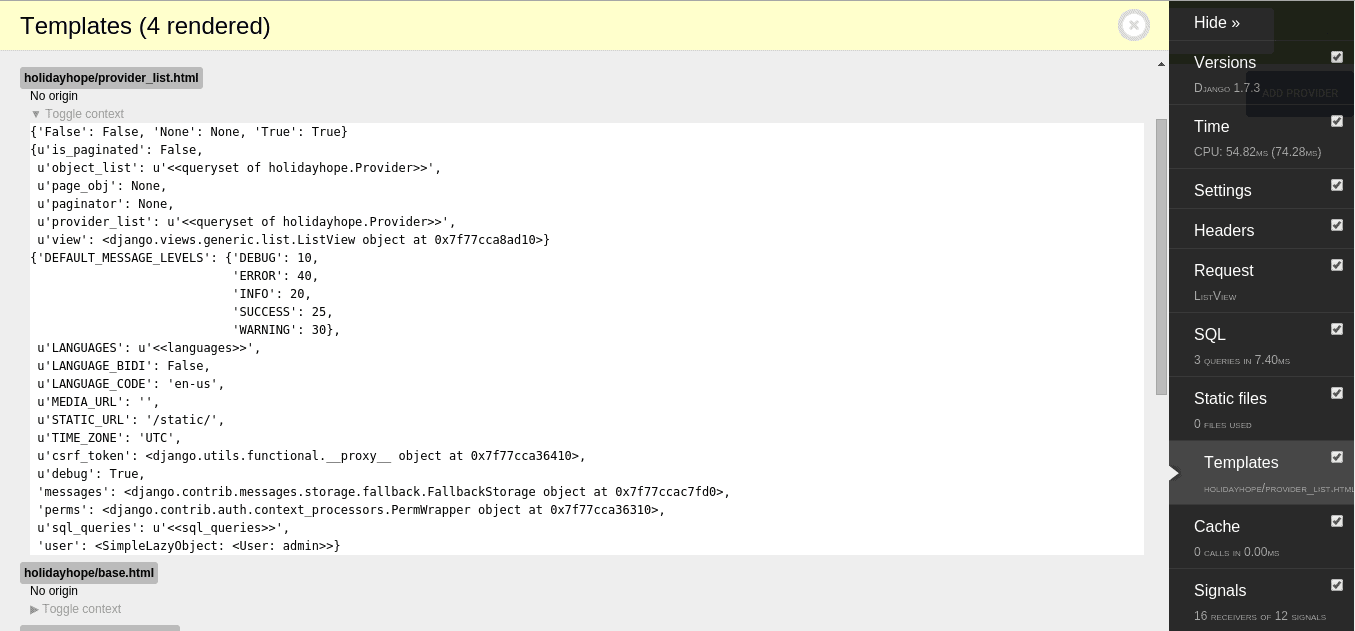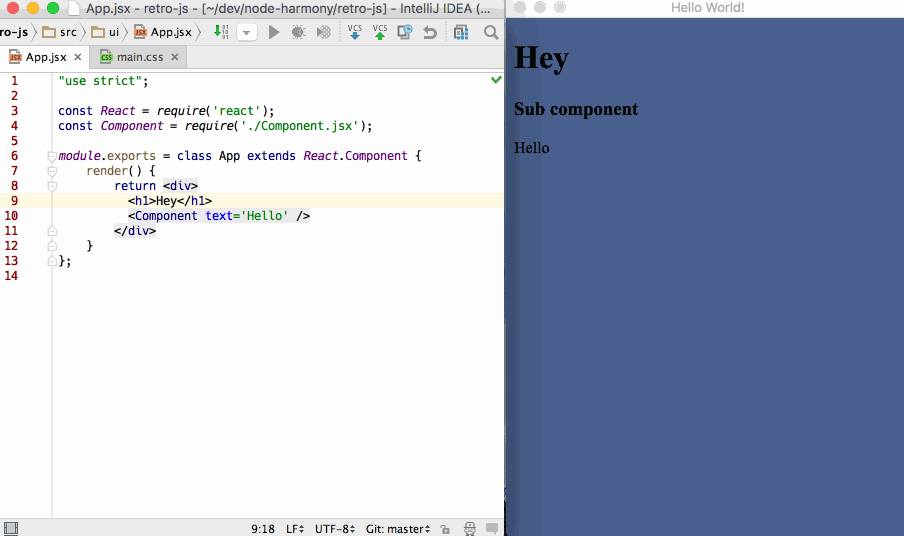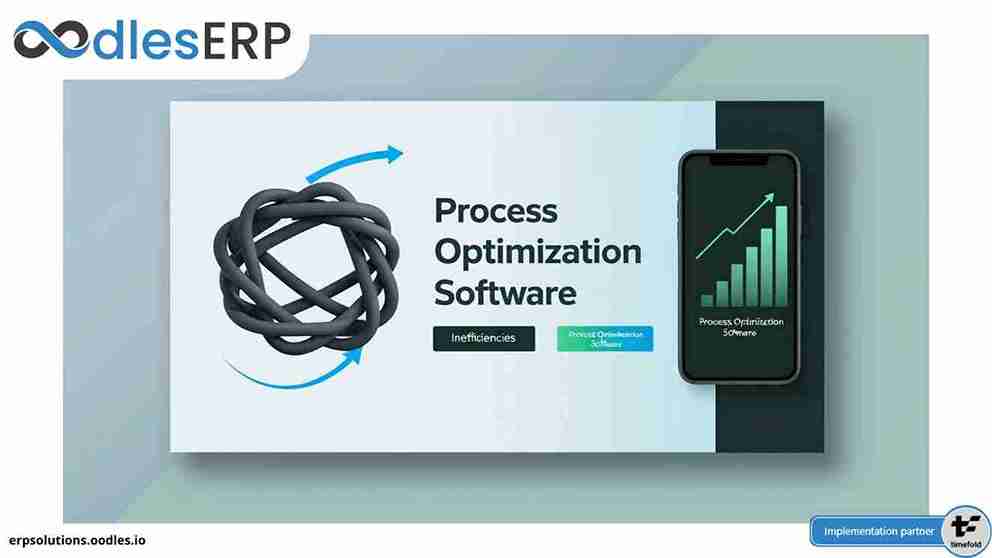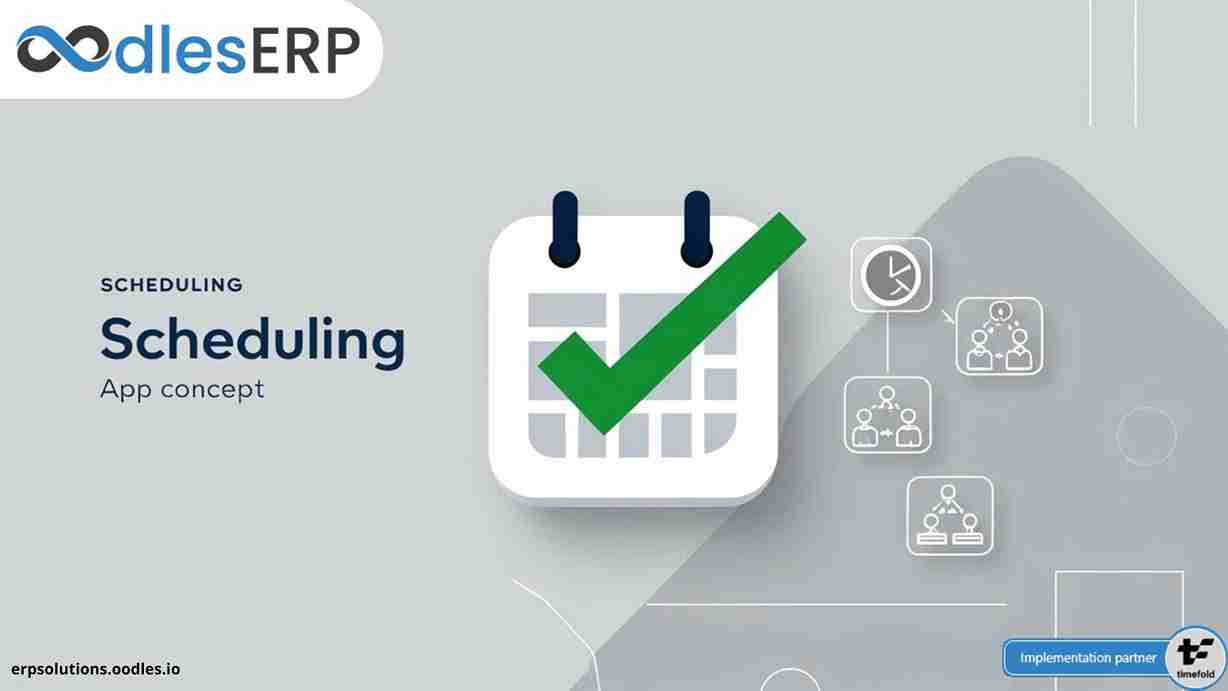Web application development has become an inevitable need for businesses of all types and sizes, regardless of their value proposition. That said, there are several ways to develop a web application, the most popular one being, ‘the use of frameworks.’ Web development frameworks have grown in popularity over the past several years as they provide a straightforward approach to developing custom web apps. Besides, developers get an increasingly responsive and intuitive coding interface that facilitates seamless programming in the supported languages. Above all, frameworks provide a simplified representation of the supported languages, enabling developers to code swiftly and get the job done faster.
This post sheds light on the increasing popularity of frameworks for custom web application development and the benefits it brings to the table. But first, let’s get you familiar with the basics of web development using frameworks.

Also, Read Custom Web App Development: Process, Features, and Technologies
What Is a Web Framework?
A software framework is an abstraction or concrete/conceptual platform where developers can selectively alter to override common code with generic functionality. Nevertheless, a framework comes with a predefined codebase that can not be altered or modified. Web frameworks typically support one or more programming languages to facilitate faster development with fewer coding complexities. As of today, the most popular web frameworks are Angular, Express.js, Flask, Django, jQuery, CakePHP, Laravel, and Ruby on Rails. Whereas, the most commonly used programming languages for web application development include Java, JavaScript, Python, PHP, Perl, and Ruby.
Also, Read Selecting The Right Tech Stack For Web Application Development In 2021
Benefits of Using Web Frameworks For Web Application Development
Unlike many other development tools, frameworks provide a pre-defined codebase and guidelines to facilitate seamless web development. At the same time, it accelerates the development process and reduces time-to-market by shortening the application development lifecycle. Below are the key benefits of using frameworks for web application development.
Easy Debugging Process
Web application development using frameworks focuses primarily on improving code quality and readability for developers’ convenience. In addition to providing the most efficient way to code and develop web applications, frameworks facilitate easy debugging and software maintenance. Several web frameworks render built-in support for debugging and QA testing, enabling developers to perform unit tests simultaneously. Nevertheless, high-level software testing requires QA engineers that are skilled at using tools like Selenium, JMeter, and Katalon Studio.

The above image clearly describes debugging process in Python language using the Django framework.
Improved Code Efficiency
Web frameworks have their main focus on improving code readability and reusability, thereby providing the fastest and most efficient way to develop self-sustaining web applications. Besides, developers get a responsive coding environment and advanced features like hot reload, live reload that ultimately lead to faster web development.

With many such built-in features, developers can quickly finish complex code-related tasks (in minutes) that would otherwise take hours to complete.
Easy Code Reusability
With web frameworks at their disposal, developers do not need to write complex code structures containing hundreds of lines of code. Instead, they can use the pre-defined codebase and make easy modifications to perform seamless bootstrapping. Many popular frameworks like Django and React.js provide easy code reusability, enabling developers to use the same codebase to develop multiple web apps. Similarly, web frameworks focus on reducing development complexities by automating critical tasks like caching, URL mapping, session management, and more.
Accelerated Development
One of the main advantages of using web frameworks is that you don’t need to write extensive lines of code. With a pre-defined template and an intuitive coding interface, developers can save hours of strenuous coding effort. Besides, frameworks offer quick prototyping, easy debugging, and real-time code changes to implement custom functionalities.
Enhanced Security
The increasing instances of cyber-attacks have raised serious security concerns related to web development. However, the use of frameworks for web application development lets you protect and safeguard your web app against common attacks like DDoS, SQL injection, and prevents data tampering. It’s because of the built-in security features that most web frameworks bring to the table.
You may also be interested in reading API-centric Web Application Development
Closing Thoughts
These were some of the main benefits of using frameworks for web application development. However, despite the many benefits, there are also some apparent drawbacks of using web frameworks. First off, it deters the learning curve of developers as they don’t get to fully comprehend the important concepts of a programming language. In addition, they offer limited flexibility when it comes to customization and often incorporate larger files that adversely affect the speed and performance of a website. However, this handful of drawbacks can’t seem to undermine the core benefits that a framework provides to developers and enterprises alike.
We, at Oodles ERP, specialize in developing performance-driven websites and web applications with custom features and smooth navigation flow. Our development team is proficient at using the latest open-source frameworks for web application development. Our custom web development services focus on strengthening your brand’s digital presence and delivering improved user experiences. For more information, drop us a line at [email protected].










